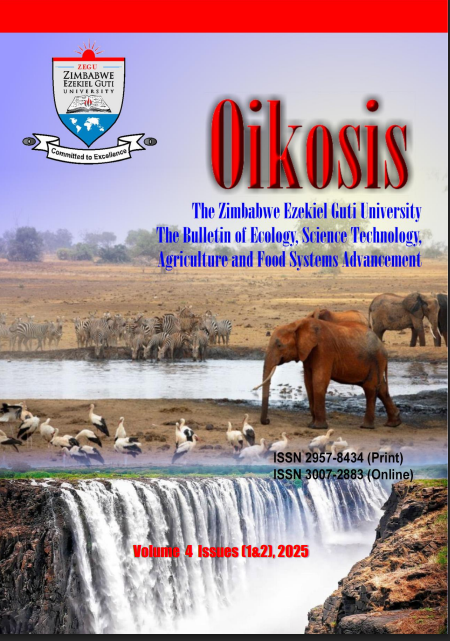The Impact of Natural Language Processing in Enhancing Customer Experience in the Banking Industry of Zimbabwe
DOI:
https://doi.org/10.71458/czkzqg53Keywords:
Customer satisfaction, Digital transformation, Financial inclusion, Service delivery, Operational efficiency, Technology adoptionAbstract
This study investigates the impact of Natural Language Processing (NLP) on enhancing customer experience within the Zimbabwean banking industry. Employing a mixed-methods approach with a survey of 385 customers and interviews with bank officials, the research assesses the adoption, effectiveness and challenges of NLP technologies like chatbots and virtual assistants. Quantitative results indicate that NLP users reported significantly higher customer satisfaction scores and a 30% improvement in response times, compared to non-users, demonstrating NLP's efficacy in streamlining service delivery. However, first-contact resolution rates remained similar between groups, suggesting complex issues still require human intervention. Qualitative findings reveal significant implementation barriers, including high costs, a shortage of skilled personnel and integration challenges with legacy systems. Despite these hurdles, the study concludes that NLP holds substantial potential for improving operational efficiency and customer engagement in Zimbabwe. It recommends strategic investments in localized NLP solutions, capacity building and supportive policy frameworks to overcome existing challenges and fully leverage NLP for financial inclusion and competitive advantage in an evolving digital landscape.




